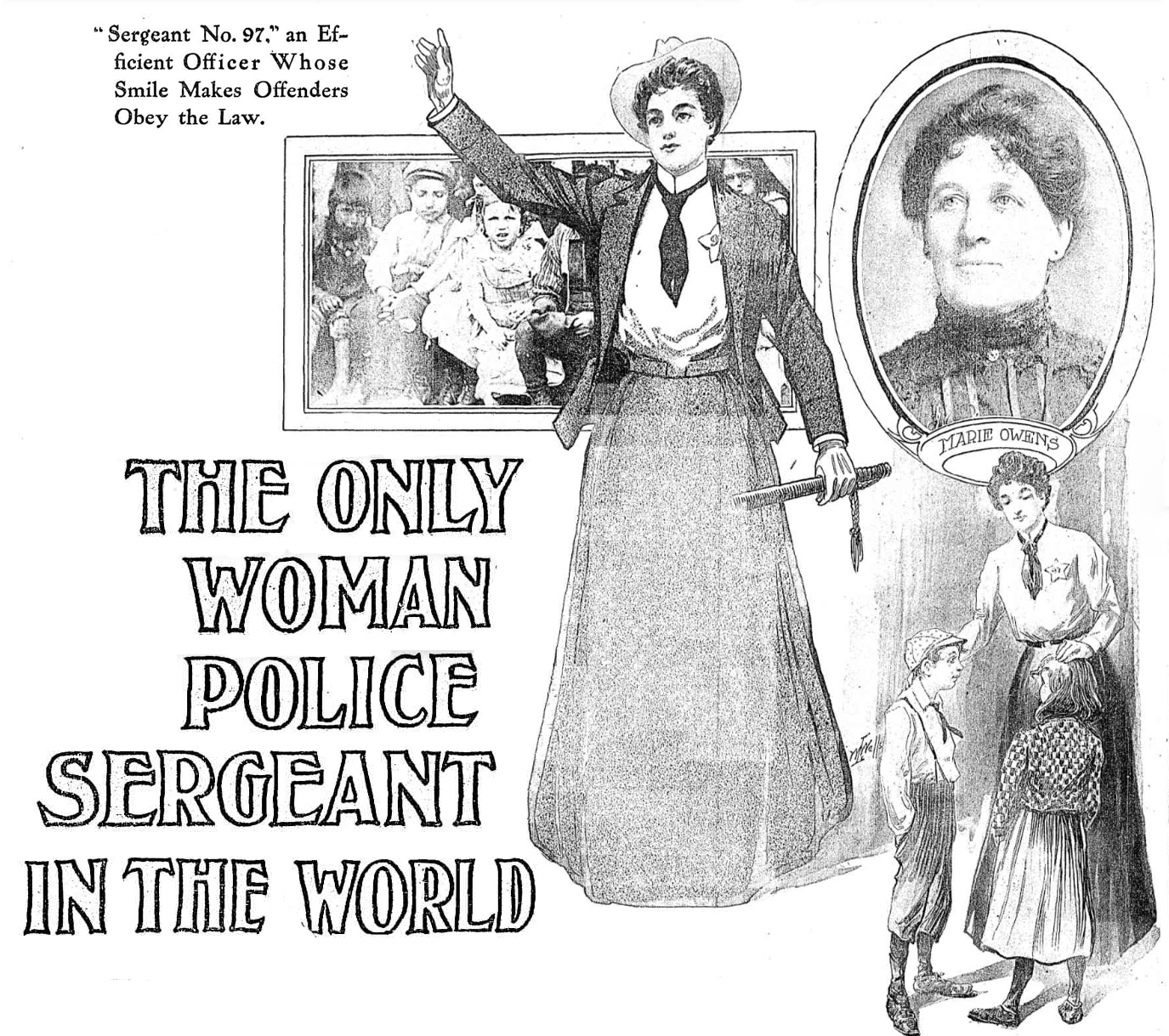Environmental Stress and PTSD for Women Police
There is a topic that was briefly mentioned in module 6 in the article on Routine Work Environment Stress and PTSD symptoms that is of great interest to me and something that I have personally struggled with as a female police officer and has caused me a great deal of stress. Most of you know by now that I am the only female officer in my department of approximately twenty-five sworn officers. I did not think of being the only female officer as an issue when I was hired as I have always been able to get along with all types of people at work. Maguen, et al. states “Among police officers, there is evidence that women and ethnic minorities report more negative social interactions and discrimination (i.e., criticism, bias, sexual harassment) within the context of the work environment” (Maguen, et al., 2009). This is something that I would have not agreed with prior to working in policing or even in my first year on the job. This developed over a period of time and was a direct result of excelling in police work, passing the Sergeant’s exam and taking on additional roles and responsibilities. Before I had successes in my role as a patrol officer, I was well-liked and got along with my peers and was included in stuff both on and off the job. The more success I had professionally, the less support I got from my peers. This treatment has taken a toll on me as I have always been able to get along with people. Some days, I do not want to go to work and it gets me down.
Thomson et al., examined a 3-factor model of sources of perceived stress in female officers, and found that interpersonal work environment stressors (i.e., lack of support from colleagues, gender discrimination, sexual harassment, interpersonal conflict, and lack of confidentiality (Thomason et al., 2006). This contributed to the largest percentage of variance in reported stress; organizational and operational stress also contributed to overall levels of stress among female officers (Maguen et al., 2009). Luckily, I have not been subjected to any sexual harassment on the job and I do not think that would happen given our strict standards. I think it is pathetic that the stressors of the job for me are more internal than external, even given the political climate in policing right now.
“A critical incident involves any situation or event faced by police officers that causes a distressing, dramatic or profound change or disruption in their physical (physiological) or psychological functioning” (Rousseau, 2020). This can be something seemingly minor to some officers or to some it can be something that causes a huge disruption to their daily life. In the study by Maguen, et al., the “goal was to better understand the relationship between work environment and PTSD symptoms after 1 year of police service. We hypothesized that among all included model variables, routine work environment stress would have the strongest relationship with PTSD symptoms and also serve as a mediator between several risk factors (i.e., life threatening critical incident exposure, negative life events outside police service, and prior trauma) and PTSD symptoms” (Maguen, et al., 2009). At this rate, I see myself being predisposed to having a harder time overcoming critical incidents on the job and being at-risk for PTSD over my male counterparts who have the support of each other. I hope this is not always the case with my agency.
I do think that one of the ways to overcome this negative outlook is in fact to recruit more female officers to my agency. It is one of my long-term goals to recruit women to my department. I feel that this is going to be a hard sell in the near future. I am the 5th female officer to ever work in my agency. Two of those five never went full-time and stayed as reserve officers and left eventually. The other two left on bad terms with my agency. This looks like a grim situation and I have made it my mission to be open with my chief about the issues I have endured on the job as a female officer. “Policewomen are an occupational subgroup who experience stress differently from male officers” (Thompson et al., 2006). My chief is progressive, understands female police officers deal with stress differently, and is supportive. If promoted, I would be the first female Sergeant in my agency’s history. I think this may also help attract female candidates to apply to my department to have a female command staff member so they could see that there is growth for females in my agency.
Maguen, Shira, Metzler, Thomas, McCaslin, Shannon, Inslicht, Sabra, Henn-Haase, Clare,
Neylan, Thomas, et al. (2009). Routine Work Environment Stress and PTSD Symptoms
in Police Officers. Journal of Nervous & Mental Disease, 197, 754-760. https://doi.org/10.1097/NMD.0b013e3181b975f8
Rousseau, D. (2020). Module 6: Trauma and the Criminal Justice System, from
https://onlinecampus.bu.edu/ultra/courses/_65989_1/cl/outline
Thompson BM, Kirk A, Brown D (2006) Sources of stress in policewomen: A three-factor
model. Int J Stress Management. 13:309-328. https://psycnet.apa.org/record/2006-10511-004?doi=1
